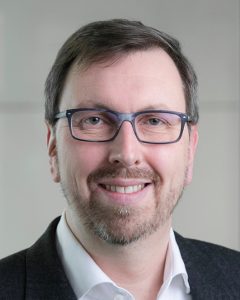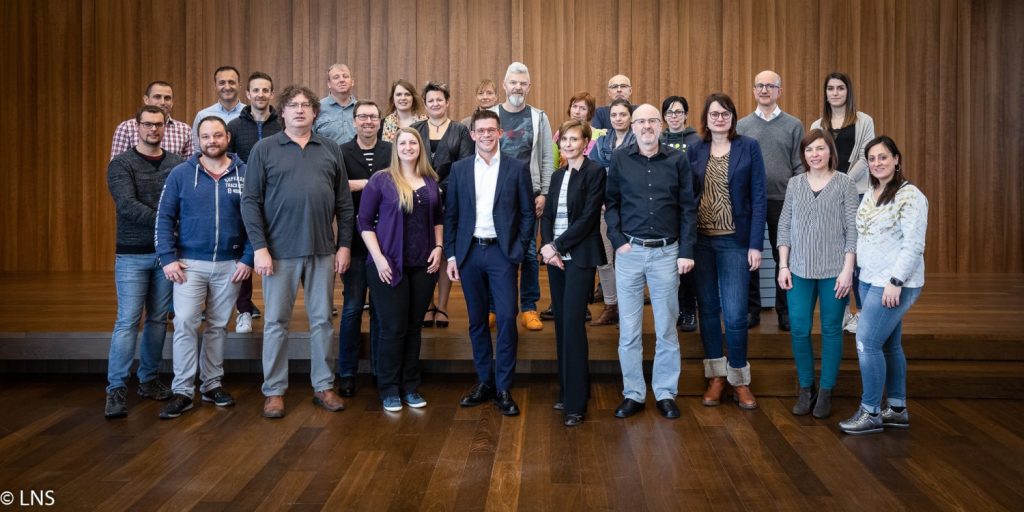
Priv. Doz. Dr. med. Thorsten Schwark
- Department
DEPARTMENT OF FORENSIC MEDECINE - Function
Chef de département - Specialization
Facharzt für Rechtsmedizin - Phone
+352 28 100 691 - Fax
+352 28 100 692 - Email
thorsten.schwark@lns.etat.lu

‘Forensic medicine – this bridge between law and medicine – is a major factor in the safety of our fellow citizens. In an essential way, by means of scientific and independent contributions, it furthers judicial progress and the benefits that characterise the latter.1
The department consists of 4 services and 1 unit:
Within the LNS, the department of forensic medicine works mostly at the request of the Luxembourg judicial authorities, but also at the order of the police and other government bodies.
This service’s main tasks are the performance of forensic autopsies, forensic examinations of corpses, as well as visits to crime scene locations whenever necessary. In addition, for preliminary investigations, the service conducts clinical examinations on living persons. It also carries out various assessments concerning forensic matters and provides training in forensic medicine. The service is integrated into the national team of the Grand Ducal Police in charge of the Disaster Victim Identification (DVI).
This unit provides support for expert assessments based on the tools of molecular biology in order to provide objective evidence in the context of court cases, such as the determination of human genetic fingerprints or DNA genetic profiles.
The tasks performed by this service include establishing toxicological reports for autopsies and matters concerning living persons, such as hair analysis in the screening for drug addiction, keeping or recovering a driving licence or within the context of drug misuse2.
The main mission of the service is the identification and dosage of narcotic as well as the control of legal, forged or counterfeit medicines and food supplements or other products of unknown origin suspected of containing medicinal substances or illicit substances. The team works in close cooperation with the police, customs, the Ministry of Health, the Ministry of Consumer Protection, as well as doctors, pharmacists, private customers and the European Directorate for the Quality of Medicines (EDQM). The technical platform is an EDQM/OMCL (“Official Medicines Control Laboratories”) certified laboratory and is part of the network of quality control laboratories for human and veterinary medicines available on the market in Europe. Finally, this unit also works for all LNS services in the identification and dosage of unknown substances and helps to confirm results. It is involved in the training of students and research in collaboration with Luxembourg and international universities.

1 « La médecine légale – ce pont lancé entre le droit et la médecine – participe à la sûreté de nos concitoyens. Par son apport scientifique et indépendant, elle contribue de manière essentielle au progrès judiciaire et aux garanties qui le caractérisent ». Excerpt from a document written by the Prosecutor General Marc ROBERT at the Court of Appeal of Versailles (France) (translated from French into English by Martine Weitzel Boutique Translation)
2 Drug misuse is defined as the administration of psychoactive substances for criminal or illegal purposes without the knowledge of the victim.